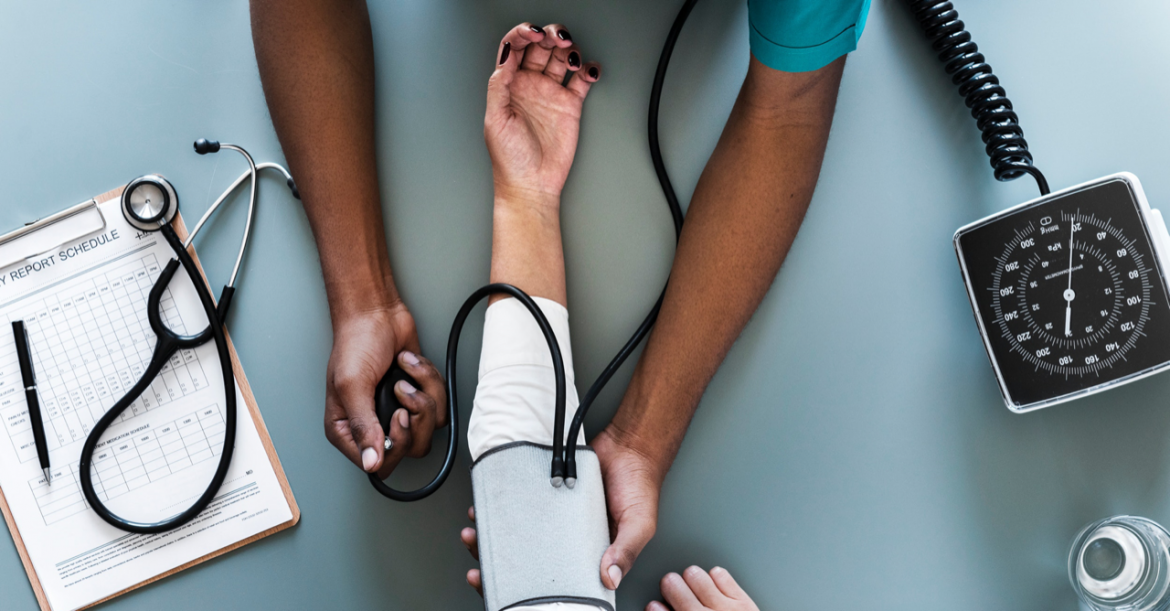While I sit in the hospital alongside my father who is recovering from surgery, I’m reminded just how many people are responsible for your care at the hospital. We have seen Doctors, PAs, Nurses, Occupational Therapists, Respiratory Therapists, Speech Therapists, Dietitians, Nursing Assistants and a cleaning crew. These people, all of these people, are here to help my father – and by doing so, indirectly help my family. We have been overwhelmingly impressed with the care at University of Miami’s UHealth. From their outpost in Fort Lauderdale to the clinics to the hospital, every individual from the valet to the surgeon has been kind and accommodating.
So while I waited in the hallway for the nurse to remove something (which may start with a “C” and end with “atheter” – sorry, Dad, you’re on your own there), I was shocked to hear someone on the same floor complaining about the quality of care. Of course I started eavesdropping – partly out of shock at their complaint and partly out of boredom – and realized why they were so unhappy. They are really shitty patients.
Yes. You read that correctly. While in retail and restaurants you are told “the customer is always right”. It’s not that way in medicine, folks. There are, in fact, many times when the patient, patient’s spouse, patient’s family, patient’s friends, are wrong.
When you or someone you love is receiving medical care, it’s tough. Emotions are high, there are many unknowns and we develop a sort of tunnel vision – you only see your situation at hand, forgetting there are others in need, too. And, on occasion, you’ll run into a medical professional that just plain sucks.
With all that being said, it’s understandable if you‘re not your best self and have had kinder days. It’s also pretty amazing what being a better patient or patient advocate can do for the care you receive.
As someone who has been on both sides of the line, here is a short list of things that can help you be a better patient:
- Smile. Ask people their names. It humanizes them. It humanizes you. The power of human connection is great.
- Be Appreciative. Say thank you. Whether they are cleaning the floor or changing your feeding tube. They are there to help. It’s a hard job.
- Be Aware. Turn your phones on silent. Keep your voices down. Stay out of the way.
- Be Patient. Waiting to see a doctor? Nurse not coming within minutes of pressing your call button? Good. Because the most high-priority patient is not the patient you want to be. That patient needs the most care. That patient is the most critical. Understand that you’re lucky if you’re not that patient.
- Be Understanding. It’s called practicing medicine for a reason. Sometimes there isn’t a clear cut answer when you want one. If you’re in a. Top-notch facility they won’t stop until they have the answer.
- Questions not Commands. Ask questions. Ask as many questions as you have to in order to be comfortable. Don’t bark commands. Often it’s all in the delivery.
- Learn the COC (chain of command). If you can’t get what you want when you want it, it’s likely not the nurses fault. They have strict protocol to follow and most of that is doctor-directed.
- Bring Snacks. I’m not above bribery and if that bribery is donuts or a pizza, done deal. I bring wine to my post-op appointments because I really like my providers.
I’m not saying all medical providers are right. I’m not saying it’s wrong to be frustrated. And I’m definitely not saying lay down and take what they give you. I am saying I’ve seen the power of a little bit of kindness in a high-stress environment and I’d bet my money on it opening the door to better care for you and your loved ones.






